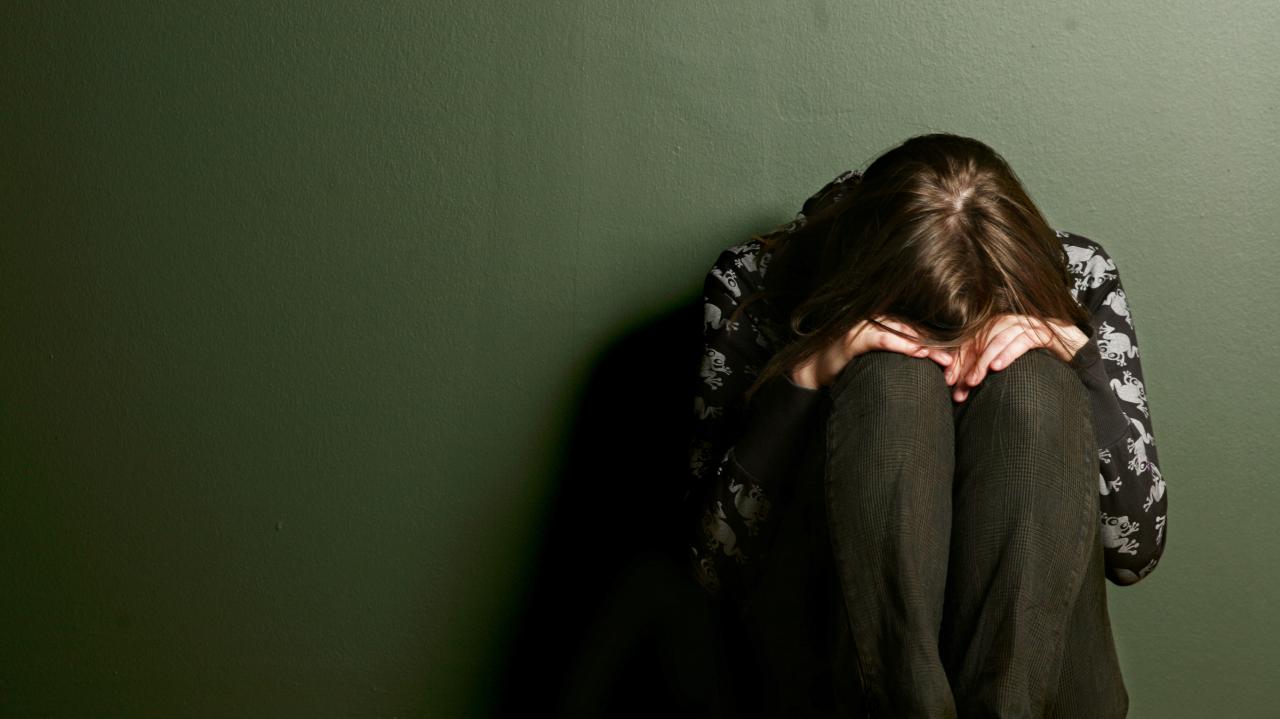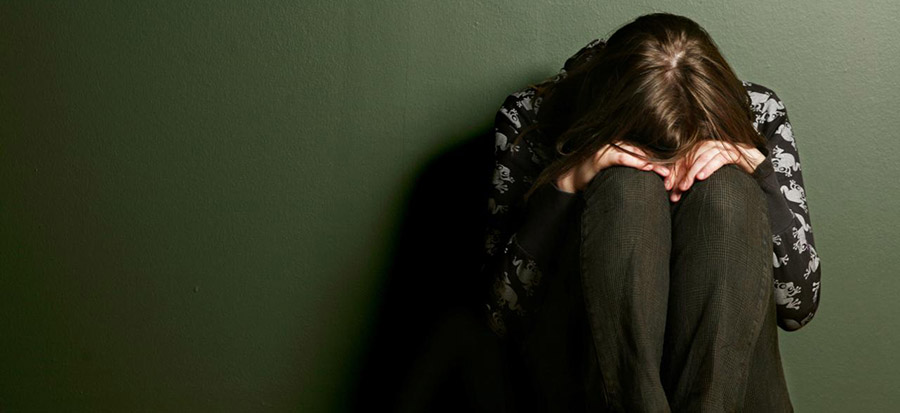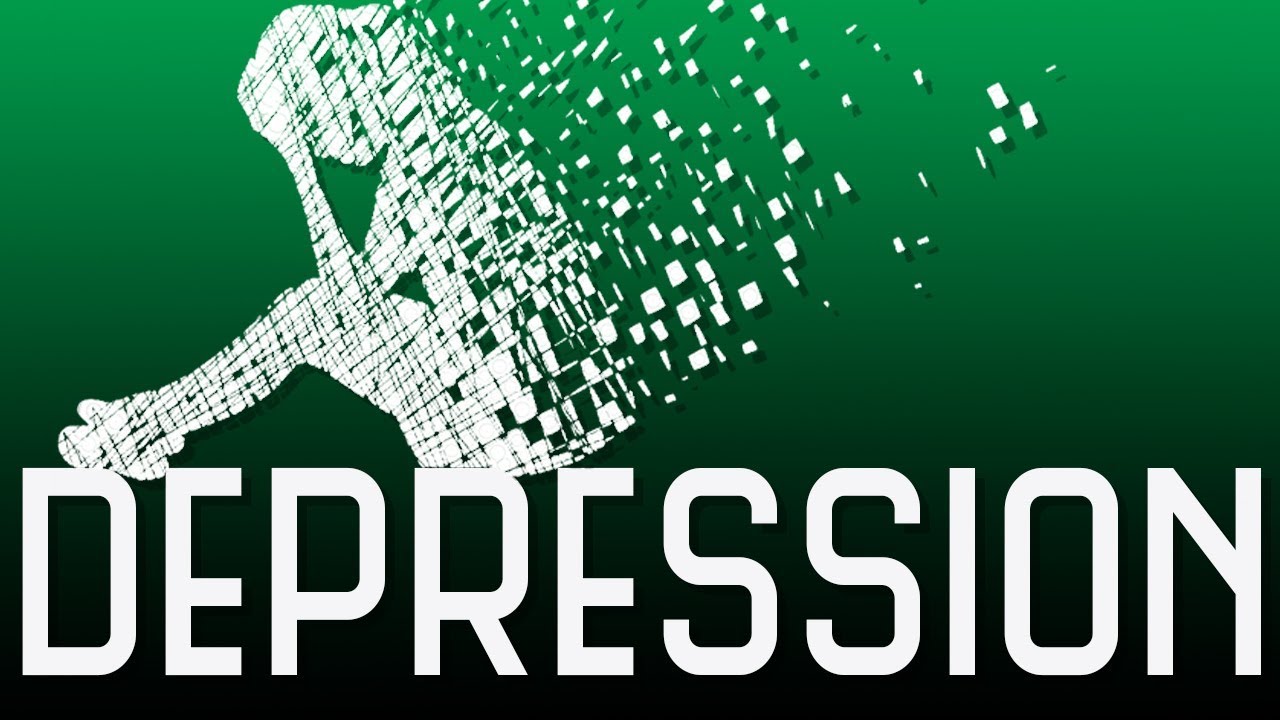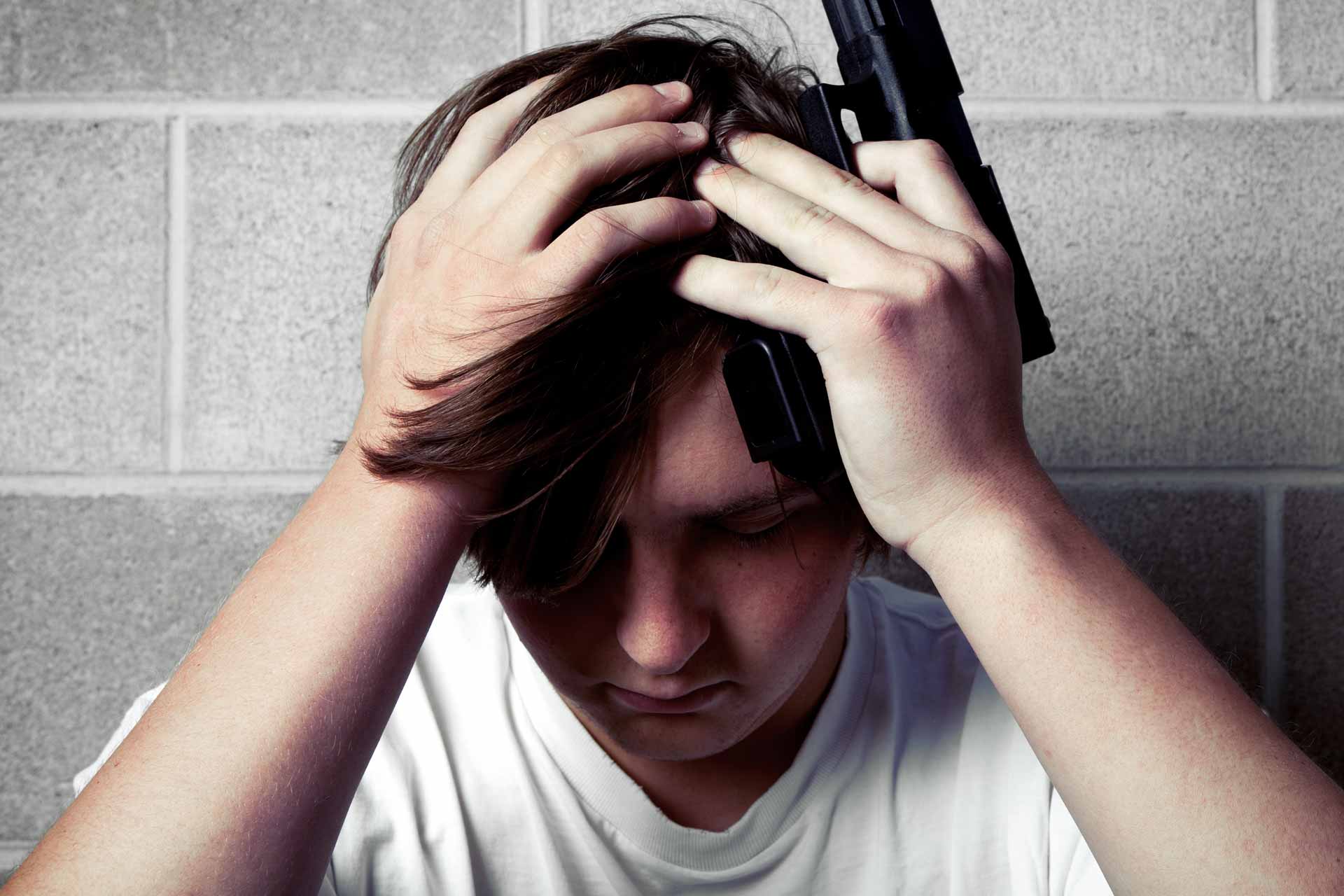

How to Treat Depression Effectively
Depression isn't a one-size-fits-all experience—and neither is its treatment. What works best for one person may not be suitable for another. Your path to healing will depend on a variety of factors, including the severity of your depression, the types of symptoms you’re experiencing, the current circumstances of your life, and even your personality traits and preferences.
Treatment Varies by Severity
If you're dealing with mild depression, psychological therapies—also known as talk therapies—are typically the first choice. In many cases, medication isn’t required.
For those struggling with moderate depression, either therapy or medication may be recommended, and sometimes a combination of both depending on individual needs.
When depression becomes severe, the most effective approach often involves a combination of antidepressant medications and psychological treatment. The first goal is to ease the most distressing symptoms. Once those are under control, the focus shifts toward helping you reclaim your quality of life and prevent future relapses.
Another important aspect of recovery? Gaining a better understanding of depression itself. Education can empower you and help you recognize warning signs early.
What Treatment Approaches Are Effective?
People battling depression tend to experience the most success when they embrace a holistic treatment plan that includes:
-
Engaging in psychological therapy – consistent sessions with professionals trained in cognitive and emotional support.
-
Staying involved in everyday life – maintaining social connections, work, housing, and activities that keep you grounded.
-
Living a healthy lifestyle – eating balanced meals, getting regular exercise, maintaining sleep hygiene, and avoiding substance use.
-
Using appropriate medications – especially for those with moderate to severe forms of depression.
Exploring Psychological Therapies for Depression
Psychological treatments—or "talk therapies"—play a central role in managing all levels of depression. For individuals with mild depression, these may even be the only necessary intervention.
These therapies are provided by trained professionals such as general practitioners, psychologists, or psychiatrists. Several proven methods exist, including:
-
Cognitive Behavioral Therapy (CBT)
-
Interpersonal Therapy (IPT)
-
Problem-Solving Therapy
-
Short-Term Psychodynamic Therapy
Both CBT and IPT have shown results comparable to medication in cases of mild to moderate depression. Moreover, techniques like CBT and mindfulness-based cognitive therapy can help prevent future episodes once recovery has begun.
Ideally, therapy should begin shortly after diagnosis. However, if you're already on medication, your doctor may recommend waiting a bit before starting therapy to allow medication effects to stabilize.
Medication Options for Depression
Antidepressant medications are commonly prescribed for moderate to severe depression. These drugs can help alleviate persistent sadness, suicidal thoughts, fatigue, appetite issues, and sleep problems.
Advanced Brain Stimulation Therapies
In some cases, when traditional treatments aren’t effective, more specialized interventions are used.
Electroconvulsive Therapy (ECT)
ECT has proven highly effective in cases of severe depression, even more so than medications. It is generally recommended when multiple medications have failed. ECT is often used in emergencies—such as when a person is so severely affected they can’t eat, drink, or are experiencing psychotic symptoms like delusions or hallucinations.
Repetitive Transcranial Magnetic Stimulation (rTMS)
rTMS is a newer alternative to ECT that uses targeted magnetic pulses near the brain to influence mood regulation. It's particularly useful for people who haven’t responded well to medication or therapy. Unlike ECT, it is non-invasive and doesn’t require anesthesia. It's currently offered mostly in select private hospitals and clinics.
Will Hospitalization Be Necessary?
Most people with depression can be treated as outpatients, with regular visits to a therapist or general practitioner. However, hospital admission might be needed in certain scenarios:
-
If there’s a risk of self-harm or suicide
-
When a person is unable to eat or drink properly
-
If there's a co-occurring medical condition making depression worse
-
When there are serious substance use issues
-
If access to a specialized hospital-only treatment like ECT is required
Why Getting Treatment Matters
Seeking treatment for depression can completely change the trajectory of your life. With the right help, many people go on to enjoy fulfilling relationships, careers, and personal growth.
Treatment can support you in:
-
Reducing or eliminating symptoms of depression
-
Rebuilding and maintaining everyday routines—school, work, relationships
-
Preventing relapses or recurring episodes
-
Managing or eliminating suicidal thoughts or self-harming behaviors
What If You’re Not Improving?
Sometimes, treatment doesn't bring results as quickly as hoped. If this happens, your provider will usually consider multiple possible reasons:
-
Incorrect medication use – inconsistent dosing or harmful drug interactions
-
Mismatch between treatment and individual needs – for instance, the therapy method or therapist may not be suitable
-
Additional mental health conditions – such as anxiety disorders or personality disorders
-
Undiagnosed bipolar disorder – approximately 10% of people initially diagnosed with depression later receive a bipolar diagnosis
-
Substance use problems – alcohol or drugs can interfere with treatment effectiveness
If your primary approach has been therapy, adding medication might be suggested. If you're already on medication, your provider may consider adjusting the dosage or changing to a different drug. And remember—you have the right to seek a second opinion if something doesn’t feel right.
Antidepressant Medications: What You Need to Know
Understanding Antidepressants
Antidepressants are used to treat a variety of mood-related issues including:
-
Moderate to severe depression
-
Generalized anxiety
-
OCD (Obsessive Compulsive Disorder)
-
PTSD (Post-Traumatic Stress Disorder)
These medications target specific chemicals in the brain—such as serotonin, noradrenaline, or melatonin—to regulate mood.
Different Categories of Antidepressants
Modern antidepressants include:
-
SSRIs (Selective Serotonin Reuptake Inhibitors): citalopram, fluoxetine, sertraline, etc.
-
Serotonin Modulators: vortioxetine
-
SNRIs (Serotonin-Noradrenaline Reuptake Inhibitors): venlafaxine, duloxetine, etc.
-
Melatonin-related drugs: agomelatine
Older medications are sometimes used if newer ones fail. These include:
-
Tricyclics: amitriptyline, nortriptyline
-
MAOIs (Monoamine Oxidase Inhibitors): phenelzine, moclobemide
Some people consider herbal remedies like St. John’s Wort, though it can dangerously interact with other medications. Always consult your doctor before trying any non-prescription remedies.
Key Points When Starting Antidepressants
-
Take them exactly as prescribed
-
Allow a few weeks for effects to become noticeable
-
Report any side effects promptly
-
Never stop or change your dosage without professional guidance
Possible Side Effects
Side effects differ from person to person and depend on the medication. Some common ones include:
-
Sleep disruption or fatigue
-
Changes in appetite or weight
-
Sexual dysfunction
-
Nausea, dizziness, or headaches
-
Dry mouth
-
Digestive issues like constipation or diarrhea
-
Rarely, seizures or heart-related complications
Some individuals—especially adolescents—may experience worsening depression or suicidal thoughts early in treatment. Close monitoring during the first few weeks is essential.
Duration of Treatment
While some people feel better within two weeks, it may take up to six weeks for full benefits. Even after recovery begins, continuing the medication for at least six months is recommended to ensure long-term stability. Extended use may be necessary for those with repeated episodes.
Making Medication Part of Daily Life
It’s not always easy to remember your pills. Ask your pharmacist about daily pill organizers or blister packs. Sticking with the same pharmacy can also help with tracking and guidance.
If Your Medication Isn’t Working
If there’s no improvement after 3–6 weeks, your provider may adjust the dose or recommend switching medications.
Considerations for Pregnancy and Breastfeeding
If you're pregnant, planning to conceive, or currently breastfeeding, always consult your doctor before making changes. Some medications can affect unborn babies or pass through breastmilk, so it’s crucial to find a safe balance for both mother and child.
Mixing With Other Medications
Always inform your doctor about any prescription or over-the-counter medications you’re taking. Some combinations can be dangerous.

7 Ways to Manage Depression Without Medication
While antidepressants are useful in many cases, they’re not the only way to support your mental health. Whether you're not ready for medication or you're seeking complementary strategies, there are a number of practical, day-to-day coping tools that can significantly lift your mood and bring emotional relief.
Let’s explore seven proven, research-backed methods to help manage depression naturally.
1. Reconnect With Physical Activity
Exercise isn’t just about improving physical health—it has an undeniable impact on emotional well-being too. When you engage in physical activity, your body releases endorphins, often referred to as “feel-good hormones.” These help reduce stress, elevate mood, and even ease symptoms of depression.
Regular movement, whether it's a 30-minute brisk walk, yoga, dancing, or cycling, helps regulate your sleep, improves energy levels, and boosts confidence. You don’t have to run marathons—consistency matters more than intensity. Try making it a part of your daily rhythm.
2. Set Realistic, Achievable Goals
One of the hallmark symptoms of depression is feeling overwhelmed—even by the smallest tasks. One way to counter this is by setting manageable goals. Think micro—like making your bed, drinking a glass of water, or responding to one email.
Write down your goals and check them off as you complete them. This simple process builds a sense of accomplishment and restores some of the control that depression tries to take away. Over time, these small wins compound and can gradually rebuild self-esteem and motivation.
3. Keep a Structured Daily Routine
Depression can often unravel structure in your life. Days blur together, and tasks feel impossible to initiate. Establishing a basic daily schedule helps break that fog. Plan your wake-up time, meals, rest breaks, and bedtime—even leisure activities.
Routine acts like scaffolding for your mental health. It gives your brain a roadmap when it’s struggling to navigate chaos. This doesn’t mean you have to fill every moment—but regularity in your day can provide much-needed stability.
4. Build a Stronger Support System
Isolation feeds depression. It convinces you to hide, to withdraw, to avoid others. But human connection—even if it feels difficult—is an antidote.
Talk to someone you trust: a friend, family member, therapist, or support group. You don’t need to open up all at once—just being around others, hearing their voices, or sharing space can reduce the sense of loneliness that depression often amplifies.
If talking feels too hard right now, try texting, writing, or joining online forums where others share similar struggles.
5. Rethink and Reframe Negative Thought Patterns
Depression has a way of convincing you of the worst—about yourself, your life, and the future. Learning to challenge those distorted thoughts can change how you feel.
Cognitive Behavioral Therapy (CBT) techniques can help you catch negative thinking loops. For example, when you catch yourself thinking, “I’m worthless,” pause and ask: “Is this thought based on facts or feelings? What would I say to a friend who said this about themselves?”
You can keep a thought journal to track these patterns and learn to replace them with more balanced, compassionate self-talk.
6. Nurture Your Mind Through Learning
When your brain feels sluggish and clouded by depression, feeding it something new—even in small bites—can help bring clarity. This might be reading a book, listening to an inspiring podcast, watching a documentary, or taking a free online course.
Learning something new reignites curiosity, gives your mind something positive to focus on, and can reintroduce feelings of joy or purpose.
7. Prioritize Sleep Hygiene
Sleep and mental health are deeply intertwined. Depression can cause both insomnia and excessive sleeping. To reset your internal clock:
-
Go to bed and wake up at the same time every day, even on weekends.
-
Avoid caffeine and screens in the hours before bed.
-
Keep your bedroom cool, quiet, and dark.
-
Try relaxation techniques like breathing exercises or calming music before sleeping.
Improving sleep doesn't happen overnight, but even minor adjustments can result in major mood improvements over time.
You’re Not Alone—Reach Out If You Need Help
Managing depression is tough—and doing it alone makes it harder. If you're struggling, don’t hesitate to speak to a healthcare provider. Immediate help is available through:
-
Emergency services – If you or someone you know is in danger, dial your local emergency number.
-
24/7 Crisis Lines – Many countries have confidential hotlines you can call at any time.
-
Mental health centers – Trained professionals can provide both therapy and medical care.
Depression can make you feel like nothing will help—but countless people have found relief with the right treatment and support. You deserve to feel better, and there are tools and people ready to help you get there.



